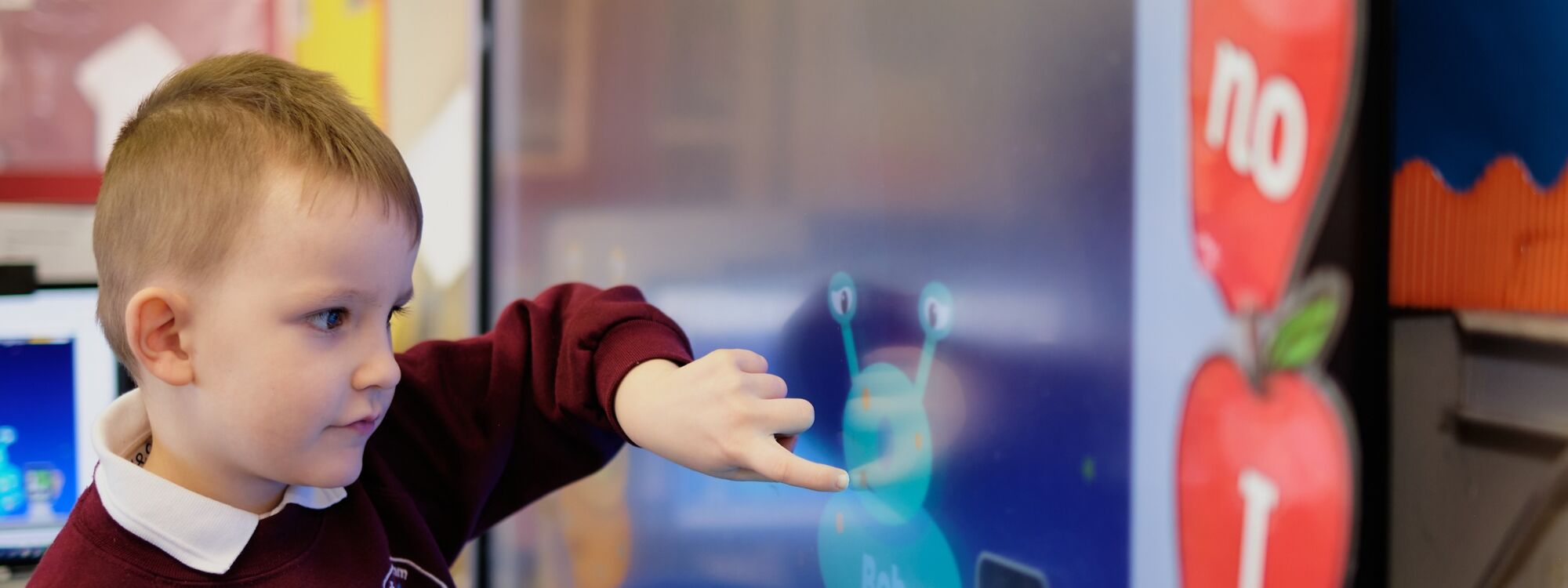Science
Intent
Science is important because it influences all aspects of our everyday life. Science has the potential to improve human life at every level, from us as individuals to global events and issues. We work to instil a natural curiosity about the world around us, expecting children to ask questions about what they see or want to know and to offer opinions and hypotheses before testing. We embed working scientifically into each topic so that in addition to the core knowledge and vocabulary, children are developing skills of observation, investigation and fair testing, classification and data handling. We believe that Science is vital because it stimulates children’s curiosity about the world by helping them understand, question and discuss scientific ideas and issues. Science relies on first hand experiences and on other sources of information. Therefore, these skills are developed further by using practical and problem-solving activities to engage all children in their Science learning. Children are supported in generating their own scientific questions and using various types of scientific enquiry to find and present their answers.
How Science is taught at EWPA
We teach the recommended National Curriculum topics where the units are broadly divided into Biology, Chemistry and Physics. These units are revisited in different year groups allowing for a deepening understanding to develop as the children progress through the school. The children will learn about the life processes of green plants, humans and other animals. They will work on understanding different materials, their properties, how they can be useful, how they can be separated and how they can be changed. Children also develop an understanding of electricity, forces, light and sound, and the Earth and beyond. Teachers make sure that there are regular opportunities for the children to refresh and revisit their previous learning through regular ‘forget-me-nots’. We have a very robust school ethos around retaining learning and all teachers practise strategies to support children with the retention of new knowledge and also to make links between their new and previous learning to deepen understanding. We use ‘Why This, Why Now?” at the beginning of each unit to help the children embed and contextualise their learning. Displays around the school also emphasise the children’s previous experiences. Science teaching and learning is evaluated through lesson observations, pupil voice, and also forget-me-not retrieval and retention approaches which allow the children to continue to demonstrate their new and recall their prior learning.
| General Documents |
|---|
| Science at East Wickham |
| Science long term progression 2023 |
